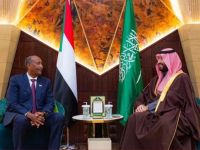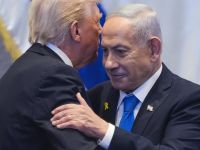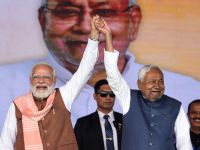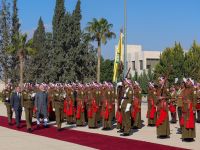Workshop is part of a global movement towards improving accountability policies and practices for development and humanitarian relief activities
Abu Dhabi, 28 April 2010: The UAE Office for the Coordination of Foreign Aid (OCFA) is holding a training workshop today on Financial Accountability. The one-day event, held in Abu Dhabi in partnership with the Charity Commission for England and Wales and Islamic Relief UK, aims to help UAE donor agencies improve their accountability policies and practices. The workshop will also include a presentation by the UAE State Audit Institution.
Held under the patronage of HH Sheikh Hamdan Bin Zayed Al Nahyan, Ruler’s Representative in the Western Region of Abu Dhabi and President of OCFA, the workshop underlines OCFA’s commitment to building the capacities of local humanitarian personnel, helping to ensure that the country’s foreign humanitarian and development assistance is as effective as possible.
“This workshop comes in response to requests from several UAE-based donor agencies to learn more about financial accountability and international best practices on the issue,” said Hazza Mohammed Falah Al Qahtani, OCFA Director General. “Interest in this topic will, we believe, continue to grow as the amount, scope and frequency of UAE aid increases, and as agencies grow in size and sophistication.”
Al Qahtani added: “There has been a global movement towards improving the accountability policies and practices of non-profit organisations. This workshop enables the sharing of best practices on this topic, and supports OCFA’s mandate of aiding the skills’ development of local aid personnel in line with international standards, enhancing these organizations’ ability to fulfil their humanitarian and development missions.”
“The Charity Commission works with partners across the region to aid compliance and understanding of issues related to financial accountability. It supports international cooperation to help preserve the public trust in charities and prevent the misuse of charitable donations,” said Robin MacGregor, Regional Manager for the Middle East & Gulf, Charity Commission International Programme.
Attended by Managers and Finance Officers from UAE-based development and humanitarian organizations, the workshop will include a presentation by the UAE State Audit Institution, which has the mandate to audit federal donor agencies in the country, on the various types of audit reports issued on donor agency financial reports.
The workshop will also explore the definition and principles of accountability, as well as record-keeping and reporting methods that can increase the public’s confidence in NGO activities. Finally, participants will also discuss various financial controls and reporting structures, including the Financial Action Task Force (FATF), established by the G-7 Summit that was held in Paris in 1989, that relates to money laundering and terrorist financing counter-measures, and how these have an impact on the activities of non-governmental organizations.
The Charity Commission for England and Wales is the regulator and registrar of charities in the two countries, who since 2002 has run an international programme that works with civil society and government bodies to contribute to the development of healthy, accountable and independent NGO sectors in countries across the world.
Islamic Relief is an international relief and development charity set up in 1984, which aims to alleviate the suffering of the world’s poorest people by responding to disasters and emergencies, and promoting sustainable economic and social development by working with local communities across the world.
OCFA was set up by UAE Cabinet decree no. 36 for the year 2008 and has been operational since early 2009 to help UAE foreign aid donors improve delivery of humanitarian and development programmes worldwide. With HH Sheikh Hamdan bin Zayed Al Nahyan, the Ruler’s Representative in the Western Region of Abu Dhabi, presiding as the office’s President, OCFA is assessing foreign aid donor needs; providing appropriate training programmes and knowledge transfers; and, building and strengthening ties between the UAE foreign aid sector and the international aid community by providing multiple platforms that bring international and local aid organizations together.







